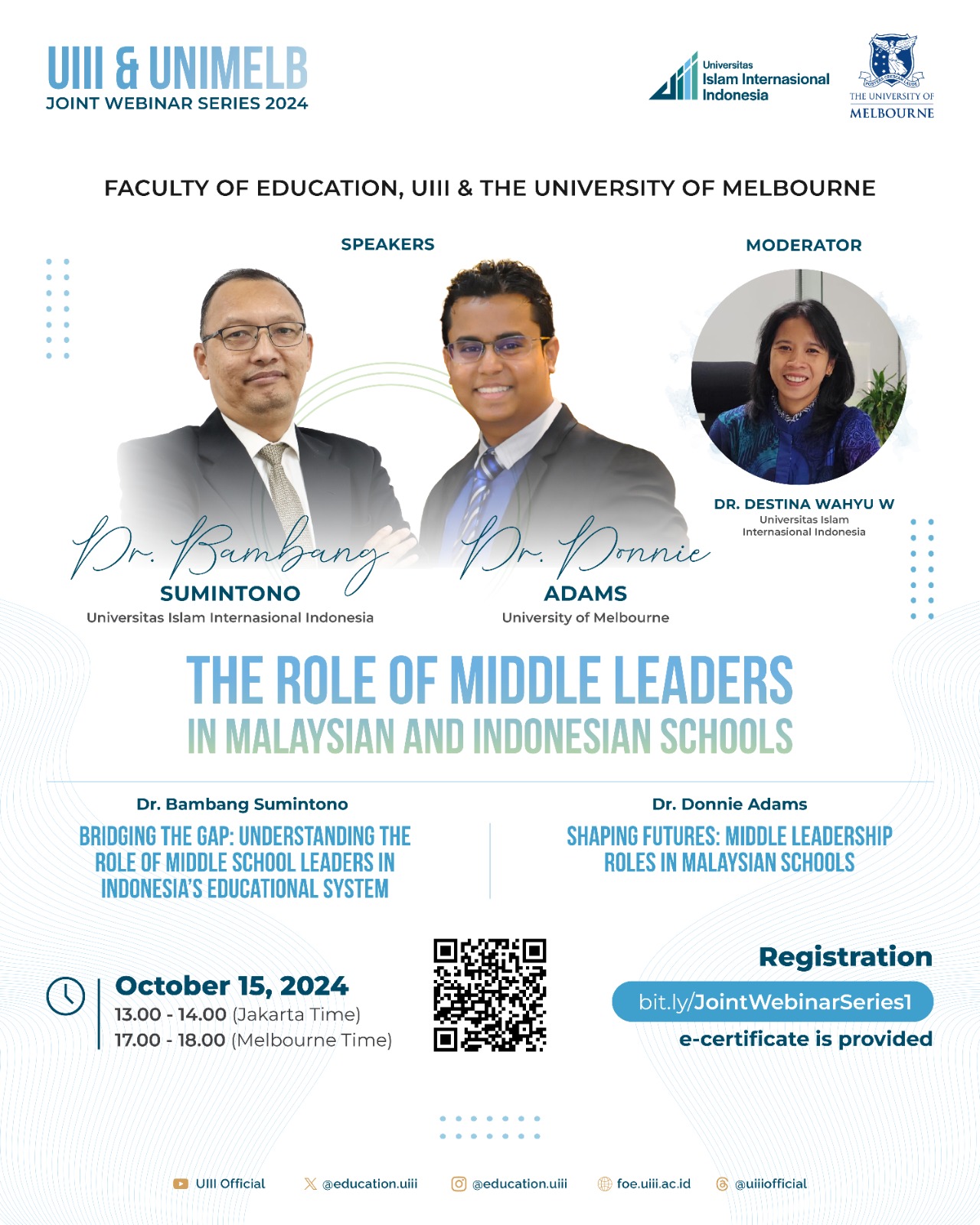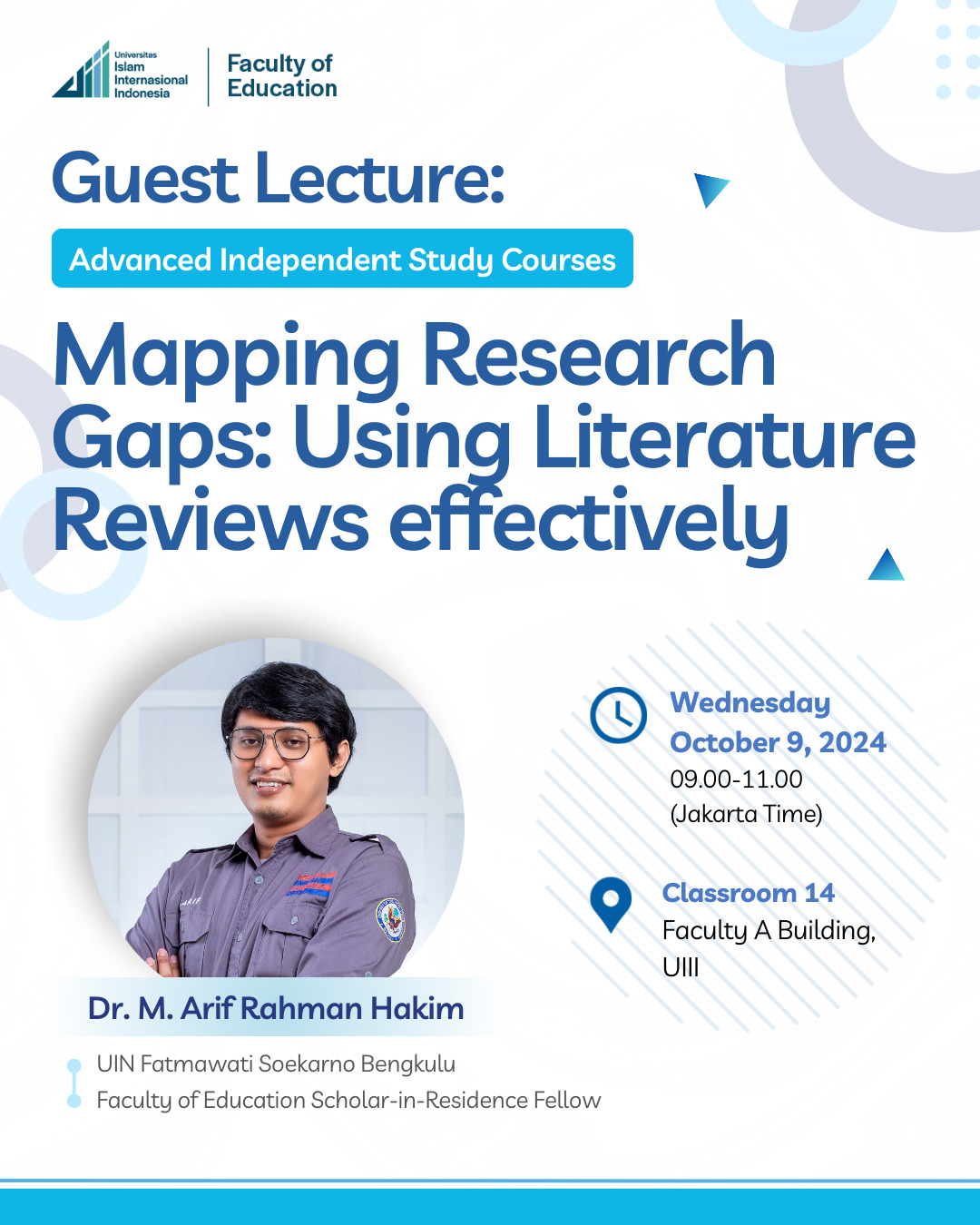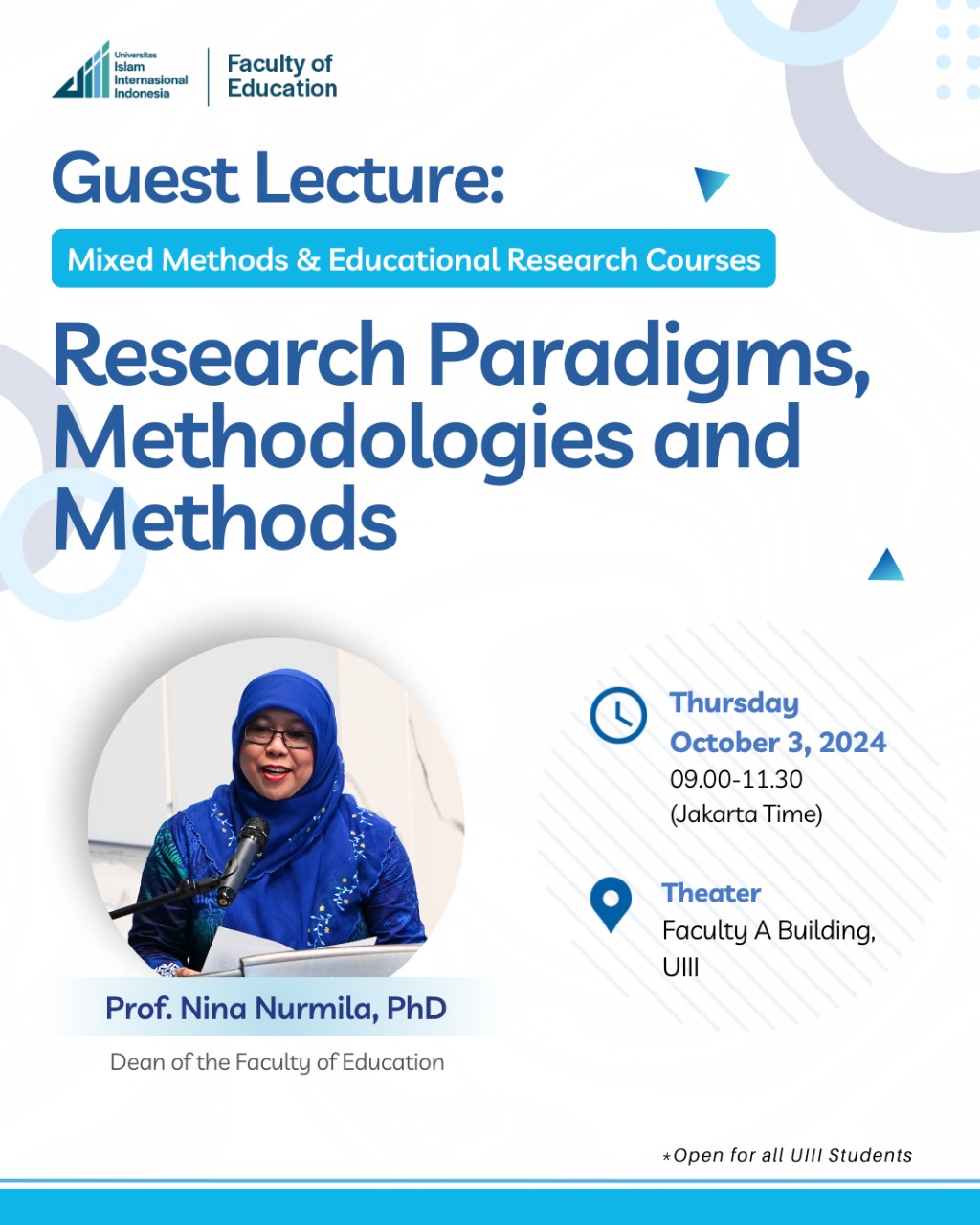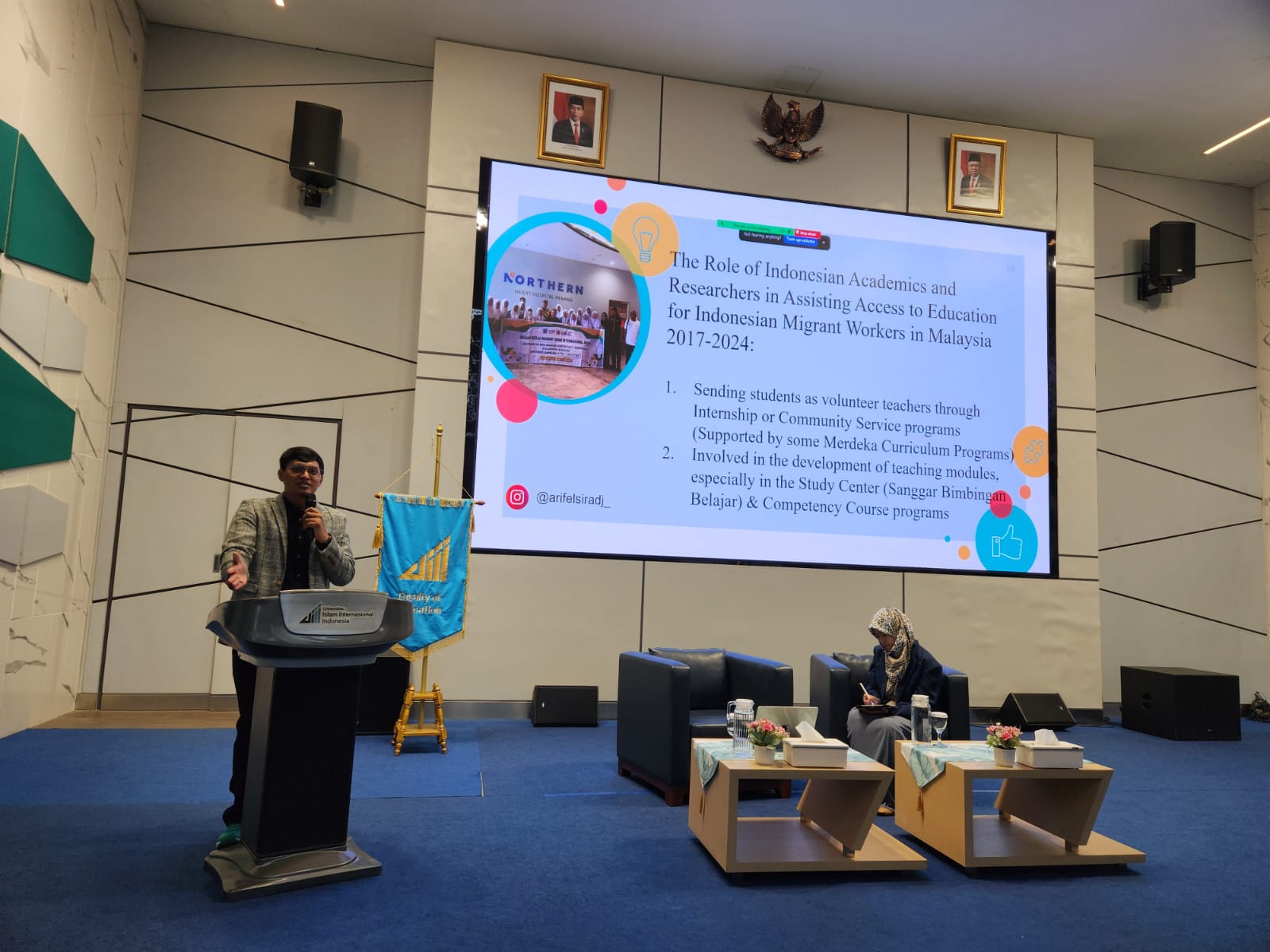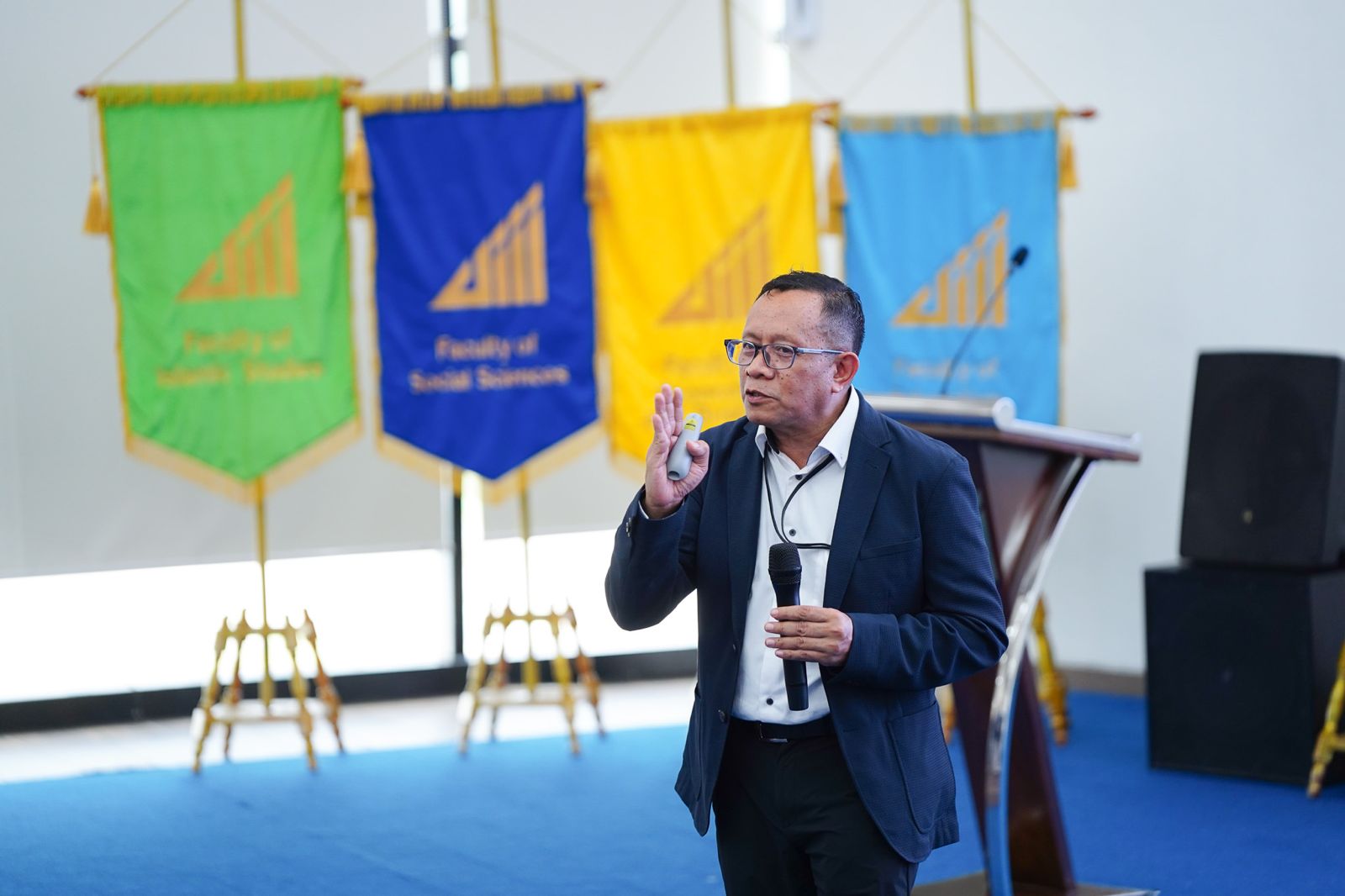Exploring Interactive Read Aloud Literacy Learning and Quality Books in the Merdeka Curriculum
Durriyah, T. L., Niasari, C., & Afriyanti , I. (2024). Exploring Interactive Read Aloud Literacy Learning and Quality Books in the Merdeka Curriculum. Pedagogia: Jurnal Pendidikan, 13(2), 306-319. https://doi.org/10.21070/pedagogia.v13i2.1718
Abstract
The Indonesian government issued a policy on teacher literacy teaching competency standards, which includes teachers' ability to help students access, use, interpret, and communicate information and ideas through various texts according to students' characteristics and needs (Ministry of Education, 2022a). This study aims to promote reading aloud and interactive book selection in literacy learning for public primary school teachers in Depok, West Java, Indonesia. This qualitative case study explored teachers' understandings and practices in selecting books and integrating reading-aloud activities with learning outcomes in the Merdeka Curriculum. Six teachers participated in the study, which involved data collection through surveys, focus group discussions (FGDs), interviews, observations, and oral reflections. Using manual thematic data analysis, this study focused on teachers' practices of selecting leveled books and integrating discussions in reading aloud with Learning Outcomes. The results showed that teachers began to express their understanding of book selection. Major themes that emerged included the importance of selecting quality books and the challenges of selecting quality books. In the context of literacy learning, several themes also emerged that became teachers' reflections in conducting interactive read-aloud activities in accordance with the learning outcomes, namely benefits, awareness for better classroom preparation, interactive discussion spaces, and continuous training.
Exploring Interactive Read Aloud Literacy Learning and Quality Books in the Merdeka Curriculum
 Durriyah, T. L., Niasari, C., & Afriyanti , I. (2024). Exploring Interactive Read Aloud Literacy Learning and Quality Books in the Merdeka Curriculum. Pedagogia: Jurnal Pendidikan, 13(2), 306-319. https://pedagogia.umsida.ac.id/index.php/pedagogia/article/view/1718
Durriyah, T. L., Niasari, C., & Afriyanti , I. (2024). Exploring Interactive Read Aloud Literacy Learning and Quality Books in the Merdeka Curriculum. Pedagogia: Jurnal Pendidikan, 13(2), 306-319. https://pedagogia.umsida.ac.id/index.php/pedagogia/article/view/1718
Korban kekerasan dalam pacaran yang sulit meninggalkan hubungannya
 Ifthiharfi, R., Rizkyanti, C. A., & Akhyar, M. (2024). Korban kekerasan dalam pacaran yang sulit meninggalkan hubungannya. Jurnal Psikologi Sosial, 22(2), 163–176. https://doi.org/10.7454/jps.2024.17
Ifthiharfi, R., Rizkyanti, C. A., & Akhyar, M. (2024). Korban kekerasan dalam pacaran yang sulit meninggalkan hubungannya. Jurnal Psikologi Sosial, 22(2), 163–176. https://doi.org/10.7454/jps.2024.17
The Role of Middle Leaders in Malaysian and Indonesian Schools
The Role of Middle Leaders in Malaysian and Indonesian Schools
This webinar explores the pivotal role of middle leaders in shaping the educational landscape of schools in Malaysia and Indonesia. Middle leaders, such as department heads, coordinators, and senior teachers, play a crucial role in implementing school policies, driving curriculum development, and supporting the professional growth of teachers.
This webinar will examine the similarities and differences between middle leadership roles in both countries, focusing on their challenges, leadership styles, and professional development needs. It will also provide insights into how middle leaders can enhance student outcomes, teacher performance, and school effectiveness, especially in the context of ongoing educational reforms. Attendees will gain practical strategies to empower middle leaders, strengthen school governance, and promote continuous improvement in their institutions.
?Day/Date: Tuesday, October 15, 2024
⏰Time: 13.00-14.00 (JKT Time) / 17.00-18.00 (Melbourne Time)
?Registration: bit.ly/JointWebinarSeries1
Certificate will be provided!
Recorded on YouTube
https://www.youtube.com/watch?v=CR1XIg6PT5I&list=PLX82ye7O55cfcRgvsXb1M1hRQIr6sjnwz&index=2
Disinformasi di Youtube: Pemilihan Presiden 2019 dan 2024

Alamsyah, P., Wijaya, G., Hakim, L.N. (2024). Disinformasi di Youtube: Pemilihan Presiden 2019 dan 2024. Dalam Ningtyas, E. Jurnalisme Cek Fakta Melawan Disinformasi Pemilu 2024. (h. 15-36). Jakarta: AJI Indonesia. https://aji.or.id/data/jurnalisme-cekfakta-melawan-disinformasi-pemilu-2024
Guest Lecture: Research Paradigms, Methodologies and Methods
 What is the difference between paradigm, methodology and method? Is there a feminist methodology? Can qualitative methodology also use quantitative methods? Can quantitative methodology also adopt qualitative methods? To know the answer to the questions, let's join the lecture by Prof Nina Nurmila, PhD delivered on Thursday, 3 October 2024 at 09.00-11.30 in Theater A as an introduction to use Mixed Methods, not Mixed Methodologies.
What is the difference between paradigm, methodology and method? Is there a feminist methodology? Can qualitative methodology also use quantitative methods? Can quantitative methodology also adopt qualitative methods? To know the answer to the questions, let's join the lecture by Prof Nina Nurmila, PhD delivered on Thursday, 3 October 2024 at 09.00-11.30 in Theater A as an introduction to use Mixed Methods, not Mixed Methodologies.
LunchTalk #33 on Educational Access for Indonesian Migrant Workers
LunchTalk #33 on Educational Access for Indonesian Migrant Workers
September 26, 2024
Contributor: Supriyono | Editor: Dadi Darmadi
The Faculty of Education at Universitas Islam Internasional Indonesia (UIII) held its 33rd LunchTalk on Tuesday, September 24, 2024, featuring M. Arif Rahman Hakim, PhD, a scholar in residence from UIN Fatmawati Sukarno Bengkulu, with the topic “The Urgency of Educational Access for Indonesian Migrant Workers in Malaysia: Policy Issues and Proposed Solutions.”
Dr. Hakim began by outlining the educational background of Indonesian migrant workers, noting that the majority—about 78%—are junior high school graduates or lower, with half having only completed elementary school. These workers often migrate due to limited job opportunities in their home villages and the prospect of earning higher wages abroad, despite most earning an average salary of MYR 2,000, far below the MYR 5,000 threshold required to bring their families to Malaysia.
During the talk, Dr. Hakim highlighted the educational programs that have been implemented for these workers. These include formal schools established by the Ministry of Education (MoE) and the Indonesian Embassy, which operate three schools across Malaysia. Universitas Terbuka, in collaboration with the Indonesian Embassy, has also developed undergraduate programs that serve over 1,300 students.
Furthermore, 17 institutions under the Sanggar Bimbingan Belajar (community learning centers) initiative provide alternative education through Package A and B programs, which are equivalent to elementary and junior high school education. Additionally, short competency courses have been introduced through collaboration between Indonesian community organizations and educational institutions in Malaysia.
The talk also touched on the role of Indonesian academics and researchers in enhancing access to education. “Scholars have been involved in sending students as volunteer teachers, developing educational modules, and conducting literacy workshops in collaboration with the Indonesian Embassy and community organizations,” Dr. Hakim emphasized.
The LunchTalk series is a flagship initiative of the UIII Faculty of Education, designed to provide an informal yet intellectually stimulating platform for scholars, practitioners, and students to engage in discussions on critical issues in education. Currently a research fellow at the Faculty, Dr. Hakim contributes his expertise in migrant education, bringing global perspectives to the local context while continuing his research on policy interventions for educational advancement.
Strengthening Research Standards: UIII Takes Steps to Establish Ethics Committee
 Strengthening Research Standards: UIII Takes Steps to Establish Ethics Committee
Strengthening Research Standards: UIII Takes Steps to Establish Ethics Committee
September 26, 2024
Contributor: Achmad Jatnika | Editor: Supriyono
UIII is taking a significant step toward establishing its Ethics Committee, a move initiated by the Directorate of Research and Strategic Cooperation, aimed at enhancing its research standards on the international stage.
As part of this initiative, UIII invited Dr. Augustina Situmorang, a member of the Ethics Committee at the National Research and Innovation Agency of Indonesia (BRIN), to advise on the core principles of ethical clearance for research in the social sciences and humanities. The workshop took place on September 19-20, 2024 at the Mercure Hotel, South Jakarta.
UIII Rector Prof. Jamhari highlighted the Ethics Committee as a vital step in aligning UIII's research with international standards, reaffirming the university’s commitment to becoming a center of excellence in research and innovation.
At the event, Dr. Situmorang explained that ethical clearance serves as a vital tool to ensure that research is conducted with integrity and accountability. “Ethically sound research must be respectful, protective, and fair to its subjects, adhering to the norms of the society in which the research is conducted,” she said.
She emphasized that ethical clearance is designed to safeguard research subjects from physical harm, psychological stress or regret, social stigma or ostracization, and legal repercussions resulting from their participation in research. She, further, outlined three key principles of research ethics when working with human subjects, namely respect for persons and communities, beneficence, and justice.
On the respect principle, she emphasized the need to honor autonomy, uphold individual and community dignity, ensure protection for participants, and respect local cultures and traditions. Regarding beneficence, she underscored that researchers must aim to maximize benefits while minimizing potential harm. She also highlighted the importance of evaluating how research outcomes might affect participants.
Finally, on the principle of justice, Dr. Situmorang pointed out that researchers must maintain a fair balance between the burdens and benefits of research participation. She stressed that participants should be treated with consideration for their individual backgrounds and conditions, with special protections in place for vulnerable subjects.
The establishment of the Ethics Committee at UIII aims to ensure that all research conducted at the university adheres to rigorous ethical standards, fostering a culture of integrity and responsibility. By implementing these practices, UIII aims to elevate the quality and credibility of its research outputs, further strengthening its global reputation and supporting its mission to become a leading hub for ethical and innovative research.
Dr. Rifqi Muna's Call for Academic Integrity to the New Student Cohort

Dr. Rifqi Muna's Call for Academic Integrity to the New Student Cohort
September 18, 2024
Contributor: Supriyono | Editor: Dadi Darmadi | Photo: Achmad Jatnika
One of the highlights during the UIII Convocation Week 2024 was a thought-provoking presentation by M. Rifqi Muna, PhD, Head of the Academic Senate, on “Student Code of Conduct at UIII.” Moderated by M. Yazid, Lc, Head of the International Office and Student Affairs, the session provided a deep dive into the ethical framework that guides the UIII community.
Dr. Muna began by redefining the role of students at UIII, emphasizing that they are not just learners but colleagues. This distinction is crucial in a graduate institution where the exchange of ideas and critical dialogue with lecturers is encouraged. It sets the tone for a collaborative academic environment where intellectual growth is a shared journey.
Central to Dr. Muna’s message was the importance of academic integrity and respect. He passionately spoke about the values of honesty, trust, fairness, and respect, which are the bedrock of UIII’s academic ethos. Academic integrity, he noted, is not just a personal commitment but a collective responsibility that upholds the credibility of the entire institution. He detailed the various forms of academic dishonesty, including plagiarism, and stressed the need for a vigilant and proactive stance against such practices.
UIII’s diverse community was another highlight of the session. Dr. Muna celebrated the rich backgrounds, races, ages, and religions that make up the UIII family. He urged students to embrace this diversity and engage in mindful cross-cultural understanding. This inclusivity, he argued, enriches the academic experience and fosters a more holistic learning environment.
Respecting the rights of others and acting responsibly were key themes in the discussion on general conduct. Dr. Muna emphasized that being part of UIII means committing to civility in all interactions. This includes adhering to laws both on and off campus and maintaining respectful behavior in all spaces, including digital platforms. The message was clear: UIII students are ambassadors of the university’s values, wherever they are.
The session also addressed other critical policies. UIII’s stance against discrimination based on political affiliation was unequivocal. Additionally, the university’s commitment to a safe learning environment was also underscored, with zero tolerance for sexual misconduct, including harassment and assault. Dr. Muna encouraged students to actively engage with their peers, fostering a supportive and connected community rather than isolating themselves.
Dr. Muna’s insights provided a clear vision of what it means to be a part of the UIII community. His words resonated with the audience, inspiring them to uphold the highest standards of integrity and respect in their academic and personal lives. This session was a powerful reminder of the values that define UIII and the collective responsibility of its members to live by them.

